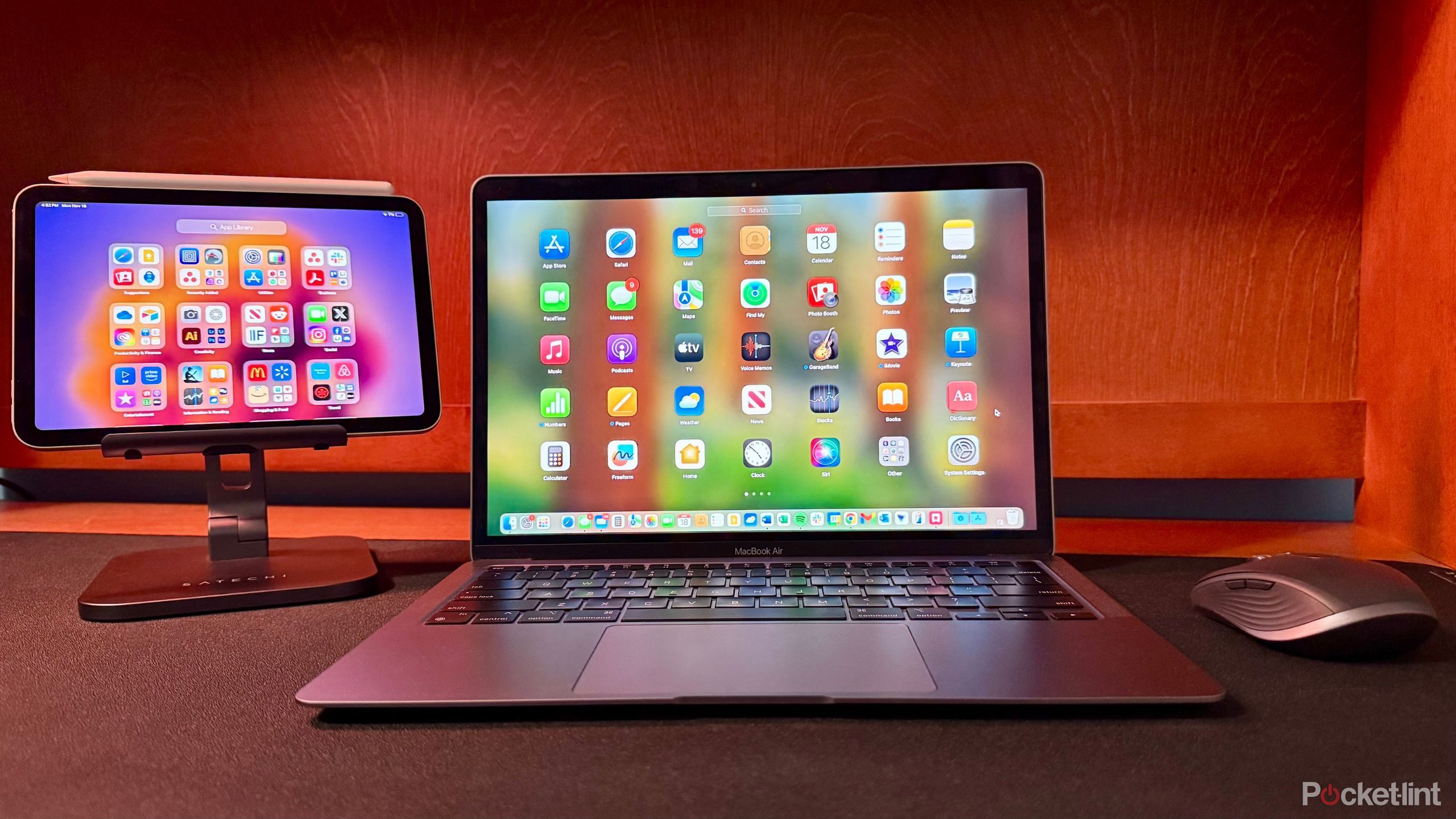WhatsApp end-to-end encryption explained: What does it mean for users?
WhatsApp is used by millions of users globally. India is one of the major markets for the Facebook-owned secure messaging platform. Amid the COVID-19 pandemic, going on since last year, WhatsApp has played a vital role in connecting users with friends and family members across the globe. With millions of messages being exchanged on the platform every single day, WhatsApp ensures all chats are secure. To ensure the protection of all chats happening on the platform, WhatsApp introduced something call “end-to-end encryption” few years ago.
A lot have been talked about WhatsApp’s end-to-end encryption feature in the last few years. Especially, after several crucial WhatsApp chats of bollywood actors leaked related to Sushant Singh Rajput’s death case last year. The end-to-end encryption feature was also questioned when WhatsApp announced its new privacy policy earlier this year in January.
Time and again, the “secure” messaging platform reiterated that all chats being exchanged on WhatsApp platform are secure and no third person can read/access them at any point. The platform also claims that these chats are not even visible to the folks at WhatsApp as well as parent company Facebook. WhatsApp says, it takes end-to-end encryption very seriously, hence the messaging platform opposed the new social rules and guidelines announced by the Indian government.
The Facebook owned messaging platform challenged the new IT rules and said, the guidelines go against the platform’s key policies. A WhatsApp spokesperson said, “requiring messaging apps to “trace” chats is the equivalent of asking us to keep a fingerprint of every single message sent on WhatsApp, which would break end-to-end encryption and fundamentally undermines people’s right to privacy. We have consistently joined civil society and experts around the world in opposing requirements that would violate the privacy of our users.”
According to the new IT rules, social media platforms such as WhatsApp must have provisions for “identification of the first originator of the information”, which clearly goes against WhatsApp’s policies of end-to-end encrypting all messages on the platform. On that note, what is end-to-end encryption that WhatsApp highlights every now and then? And how does it help the end users? Let’s explain.
Explained: What is WhatsApp end-to-end encryption?
It is simple. The end-to-end encryption basically means all messages, photos, videos, voice messages, documents, status updates and calls being exchanged on WhatsApp are secured from falling into the wrong hands. End-to-end encryption ensures, when a user communicates with another contact on the messaging platform, only the sender and receiver of the messages can hear or listen to what is being sent and received. Nobody else, including WhatsApp, can read or listen to the conversation happening between the two contacts.
End-to-end encryption feature ensures that all messages are secured with a lock, and only the recipient and the sender have “the special key needed to unlock and read them.” Well, WhatsApp has auto enabled the end-to-end encryption option for all accounts and no will need to turn on any special settings to secure their messages.
All business conversations are also end-to-end encrypted. The social media platform said in an official blog post, “every WhatsApp message is protected by the same Signal encryption protocol that secures messages before they leave your device. When you message a WhatsApp business account, your message is delivered securely to the destination chosen by the business.”
The platform further explains, “WhatsApp considers chats with businesses that use the WhatsApp Business app or manage and store customer messages themselves to be end-to-end encrypted. Once the message is received, it will be subject to the business’s own privacy practices. The business may designate a number of employees, or even other vendors, to process and respond to the message.”





